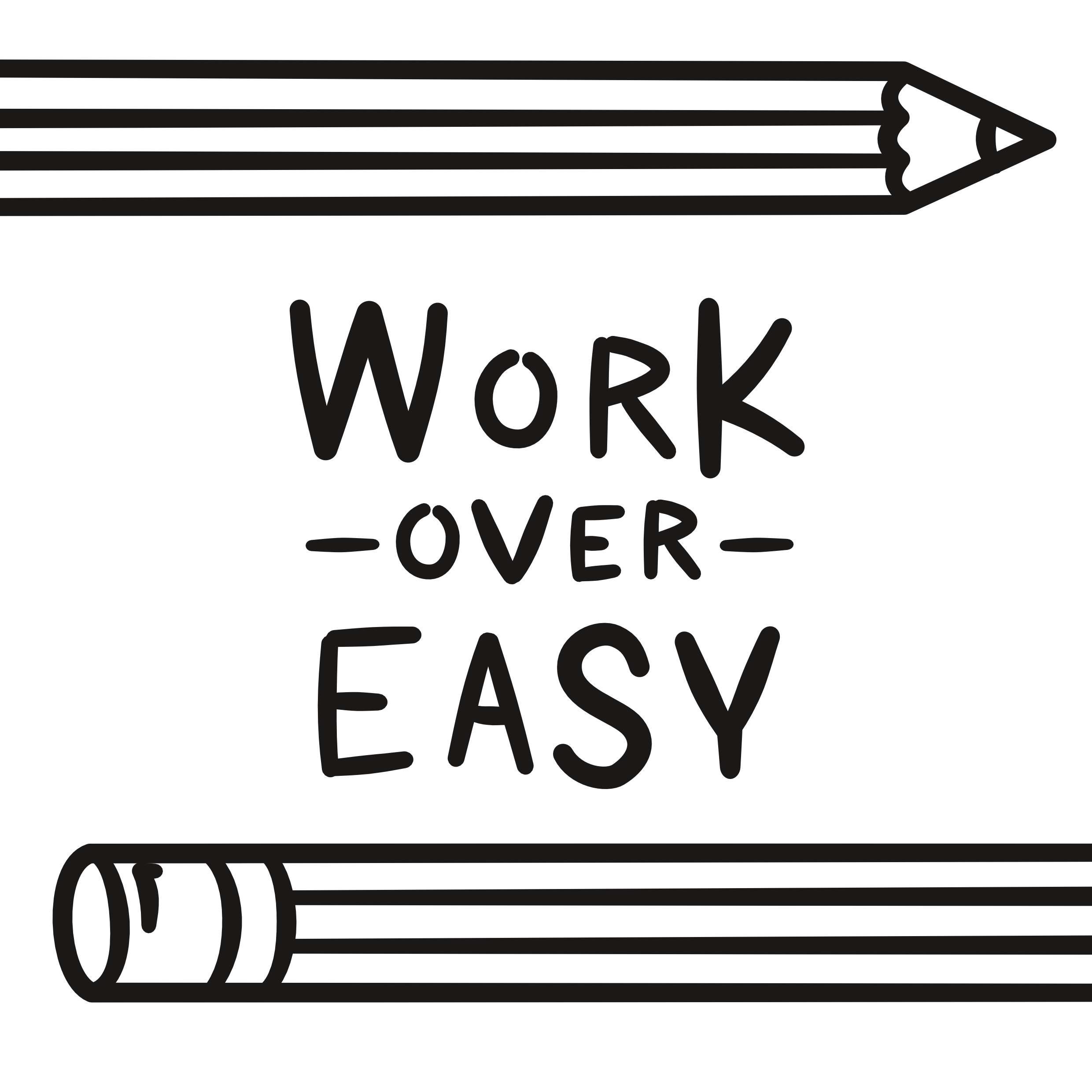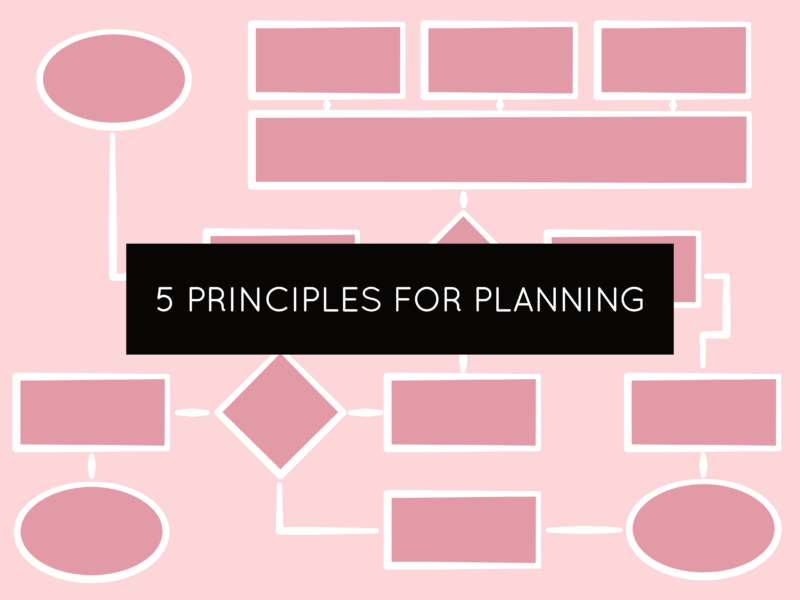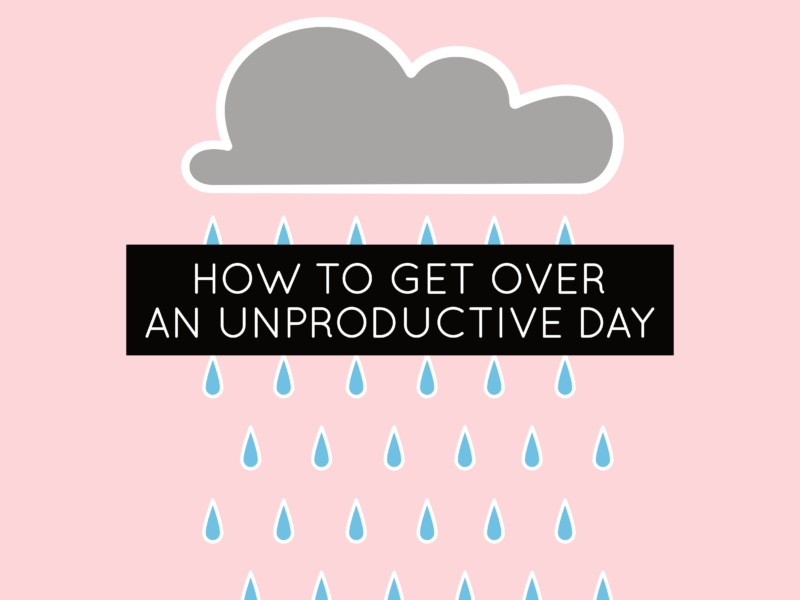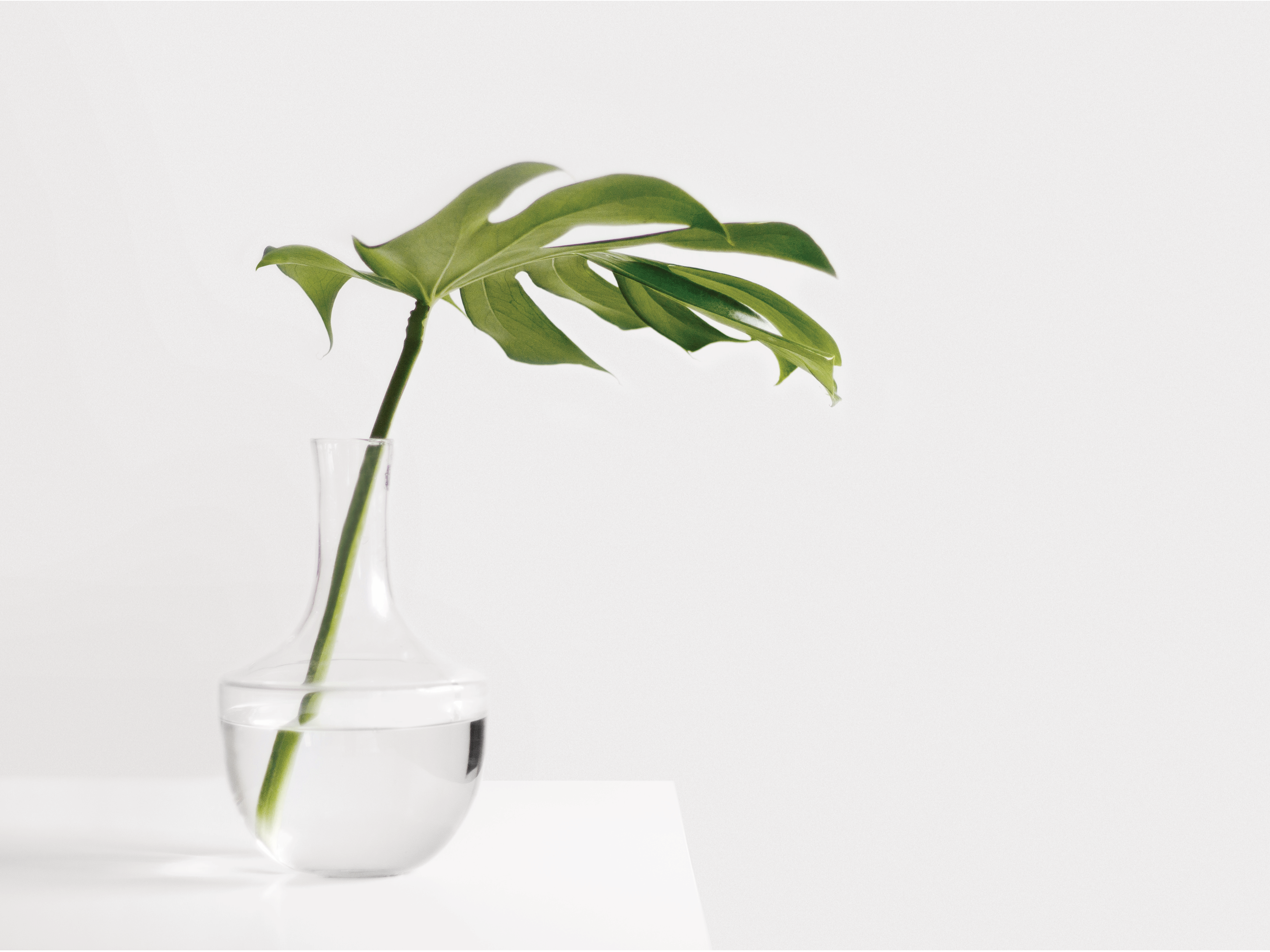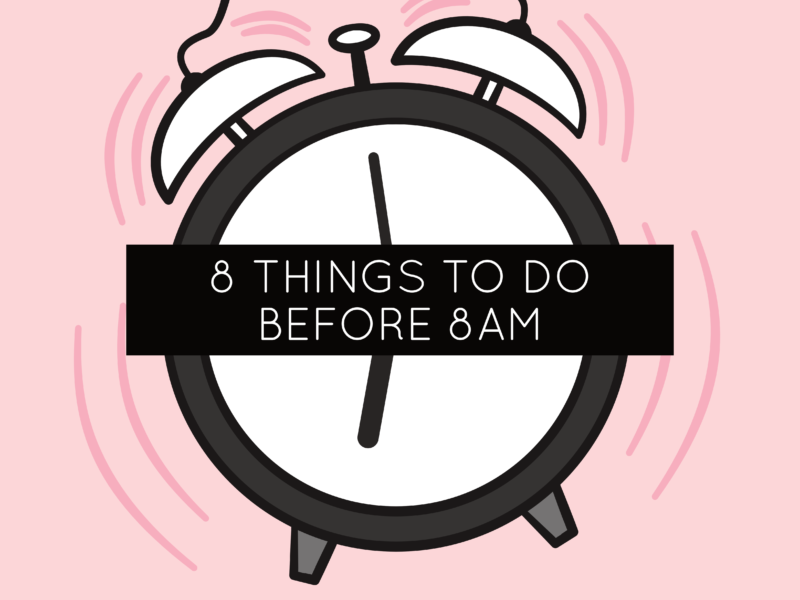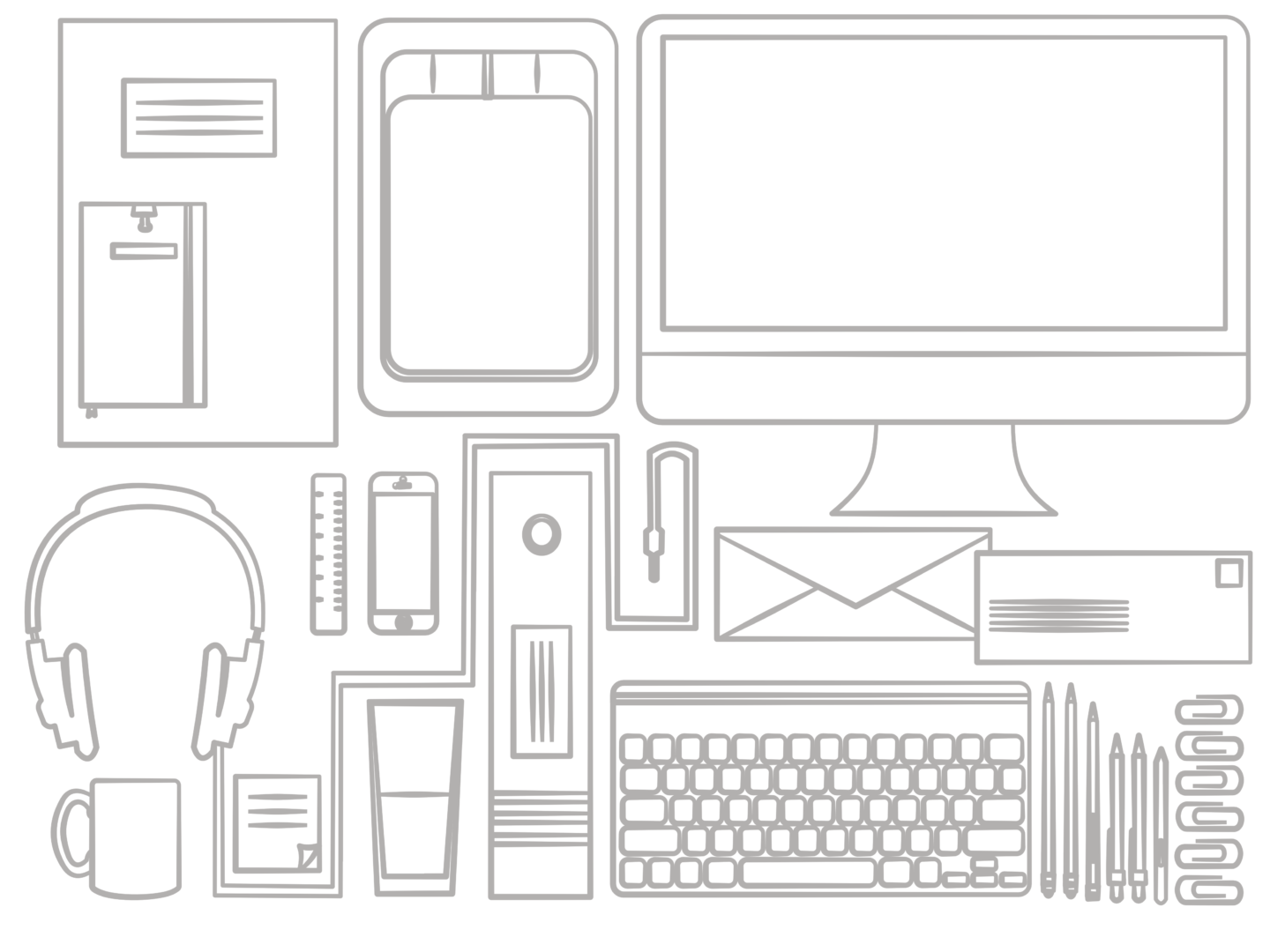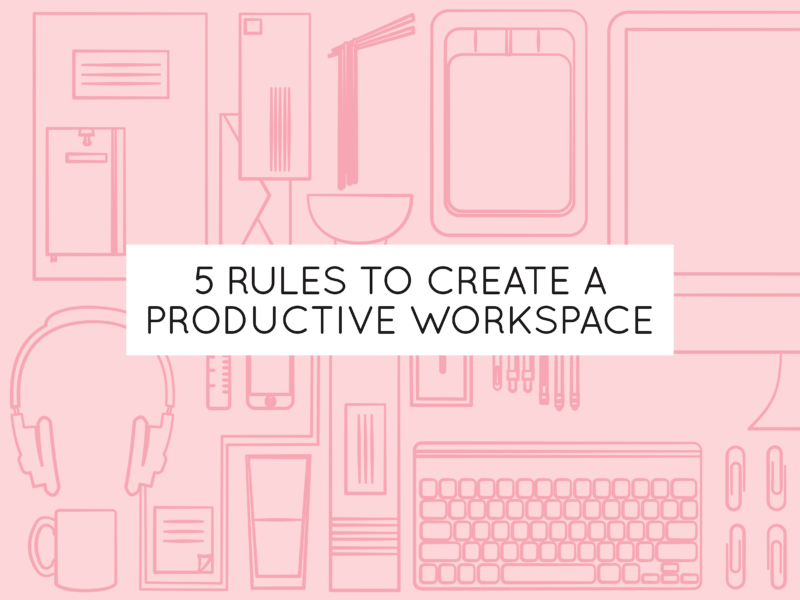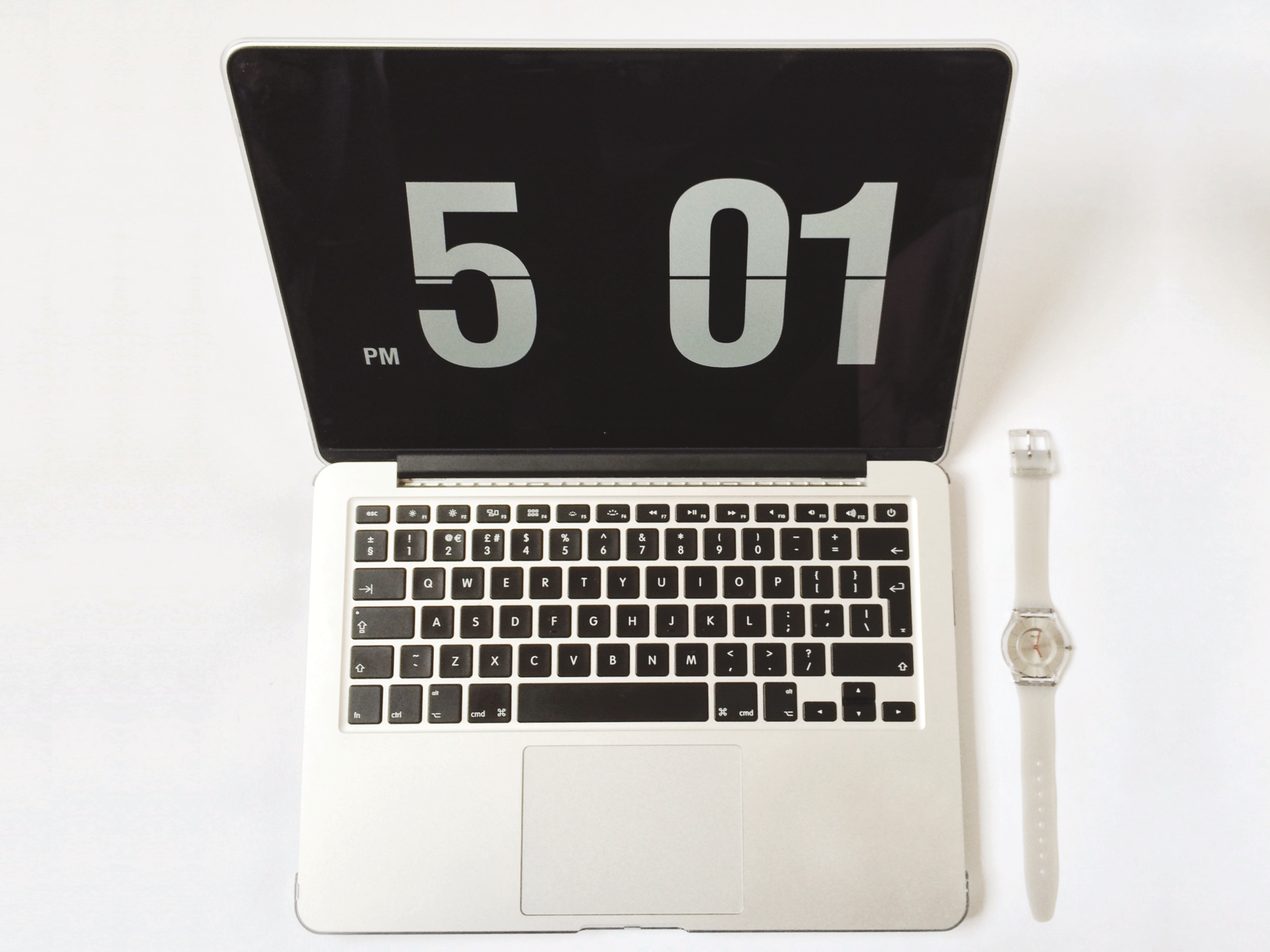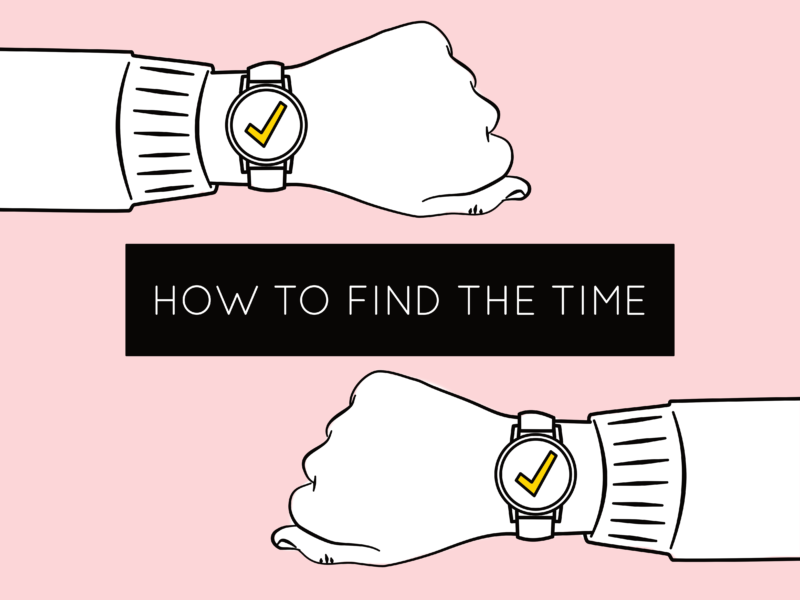Project planning is a skill I’m still learning, and I think I always will be. Every project is different, every client is different, and so every plan is different. But there are a few principles I try and stick by every time I sit down and try and work out what I’m doing.
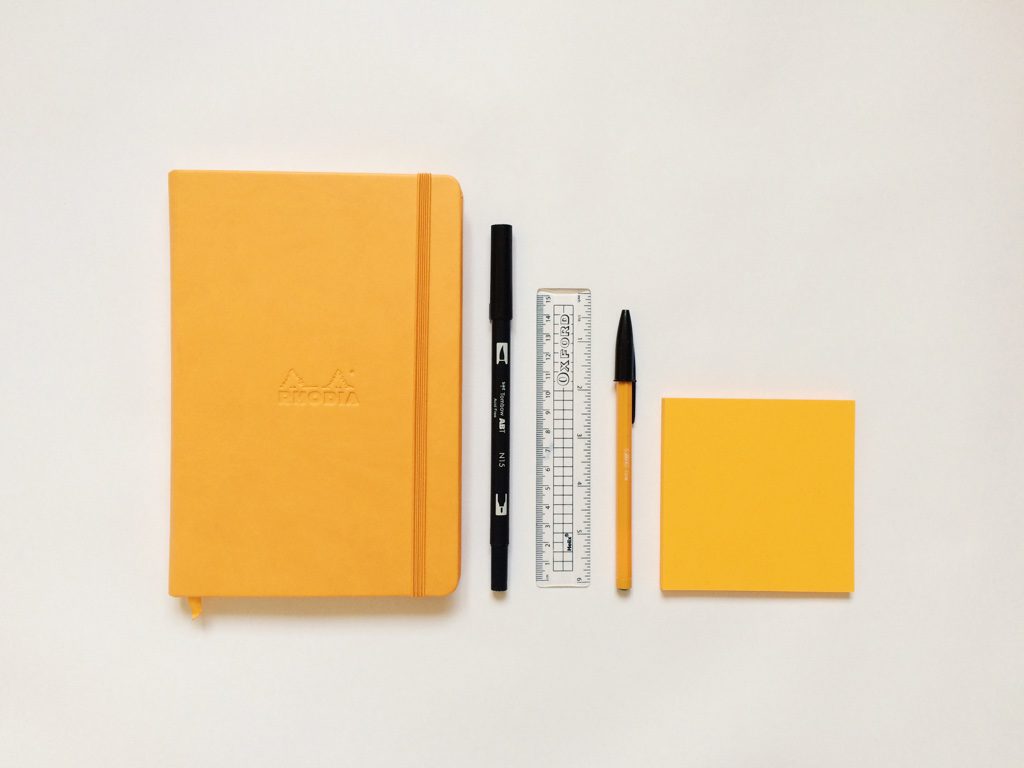
DO IT
In my experience, quite often, the smarter people are the less they feel like they need to plan. If you’ve managed to think your way out of everything, or talk your way out, the less you actually put the work in at the start. Even if you can coast by without a plan, that doesn’t mean you shouldn’t have one.
IT’S MEANT TO BE HARD
Planning well takes time, which can be frustrating when you’re itching to get started (or just up against a ticking deadline). Not only that but once you start planning you know when stuff isn’t going to plan, and no one ever wants to be off track. But ultimately these pain points are worth it in the end. Projects that have a clear direction, and sense of method, work out being completed quicker in the end, and you work more efficiently. As hard as it is realising you’re not living up to your own expectations, when you know where you’ve deviated you can work out why and what’s gone wrong or needs to be changed in your plan.
BE REALISTIC
When you start planning, pen in hand, fresh sheet of A4, tick boxes flying everywhere, you’re flush with confidence. You think you can do anything and everything. You can’t. Try to be realistic about what you can do, and how quickly. Making a plan you can, and do, actually follow is how you start being productive and stop seeing planning as busy work that has no purpose.
THINK OF PLANS A, B, C … M, N, O … X, Y AND Z
By this I don’t mean that a plan should be a small novel. But a key part of the planning process is interrogating everything you set out to do and try and think of any problems you might encounter. You can’t plan for everything, but you should do your best to be prepared for things to go wrong. Plus, the more you plan for problems, the fewer you face.
A PLAN IS A GUIDE NOT A CONTRACT
At work we’ve been talking a lot about ‘Emergent Strategy’, which is basically the idea that your business is a walk on a beach in the dark and strategy should come in two parts a light house to guide the way and dealing with all of the shit on your way to the lighthouse. I really like this as a philosophy for project planning too. It’s all too easy to create a plan so detailed that you can’t help but veer from it and then feel bad because circumstances have changed. Your plan should guide your work and the choices you make, but you have to be flexible to what’s happening around you. Don’t feel bad if your plan has to wiggle, use it as a canary to tell you that something has changed and then reflect and rethink the plan moving forward.

